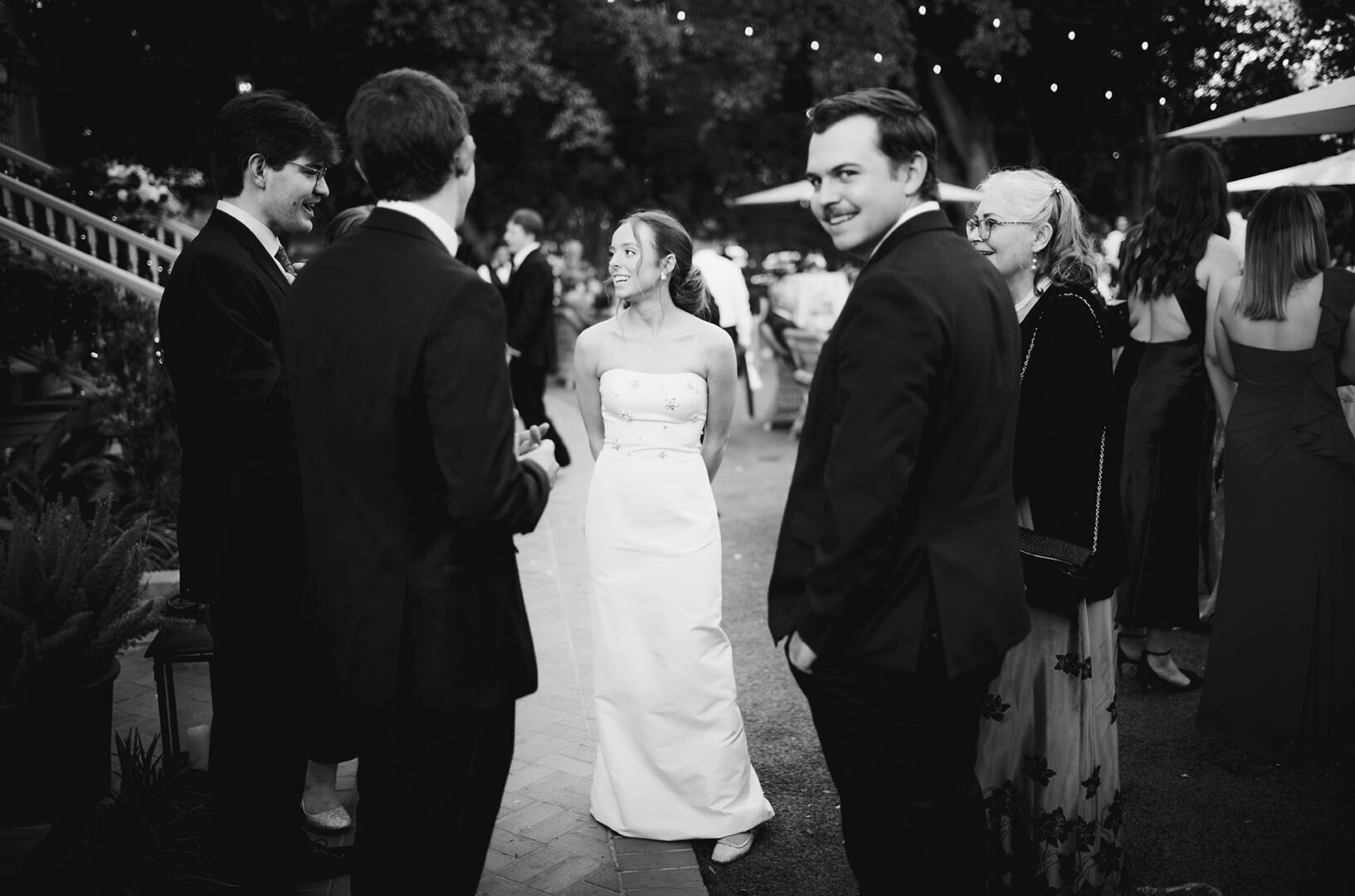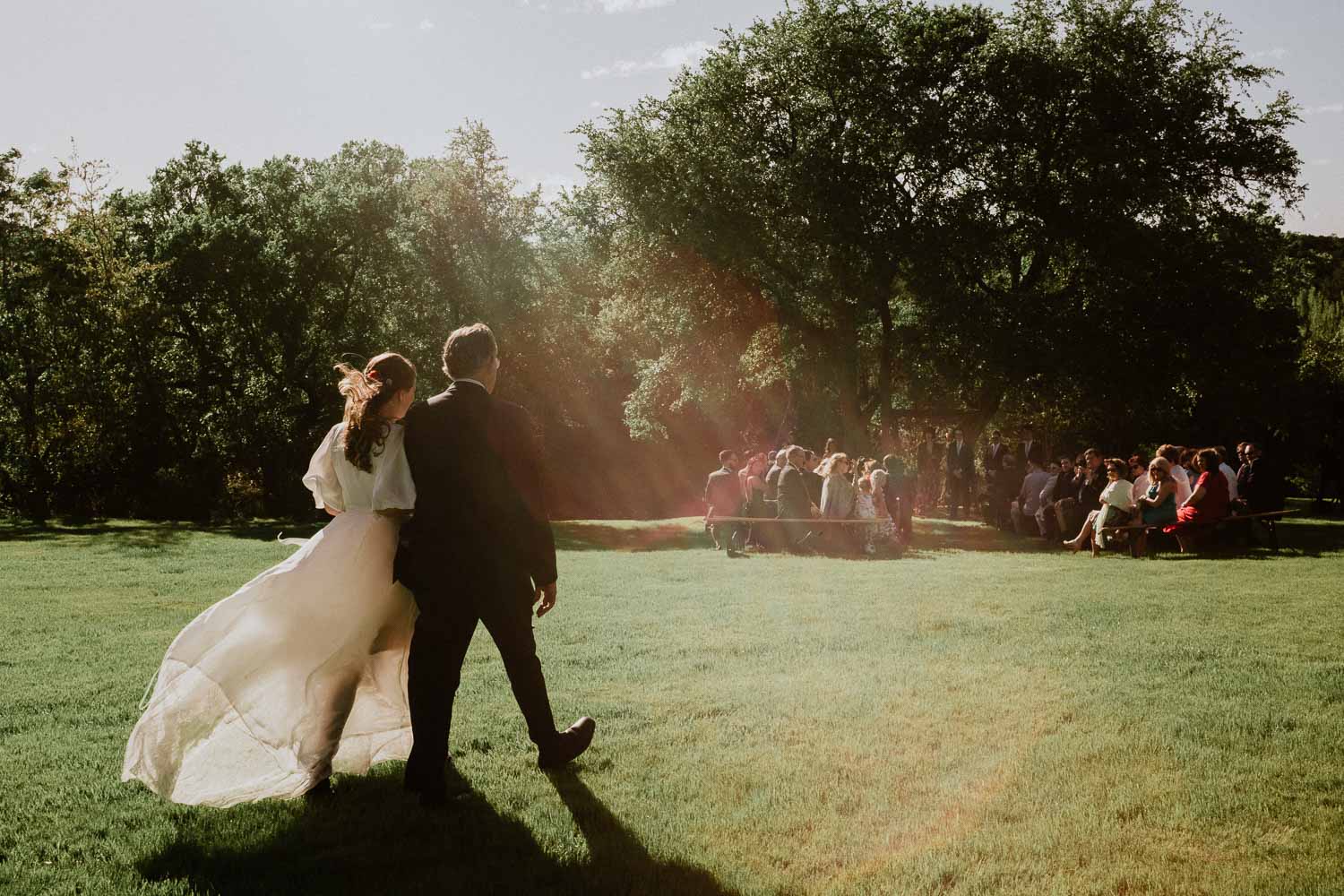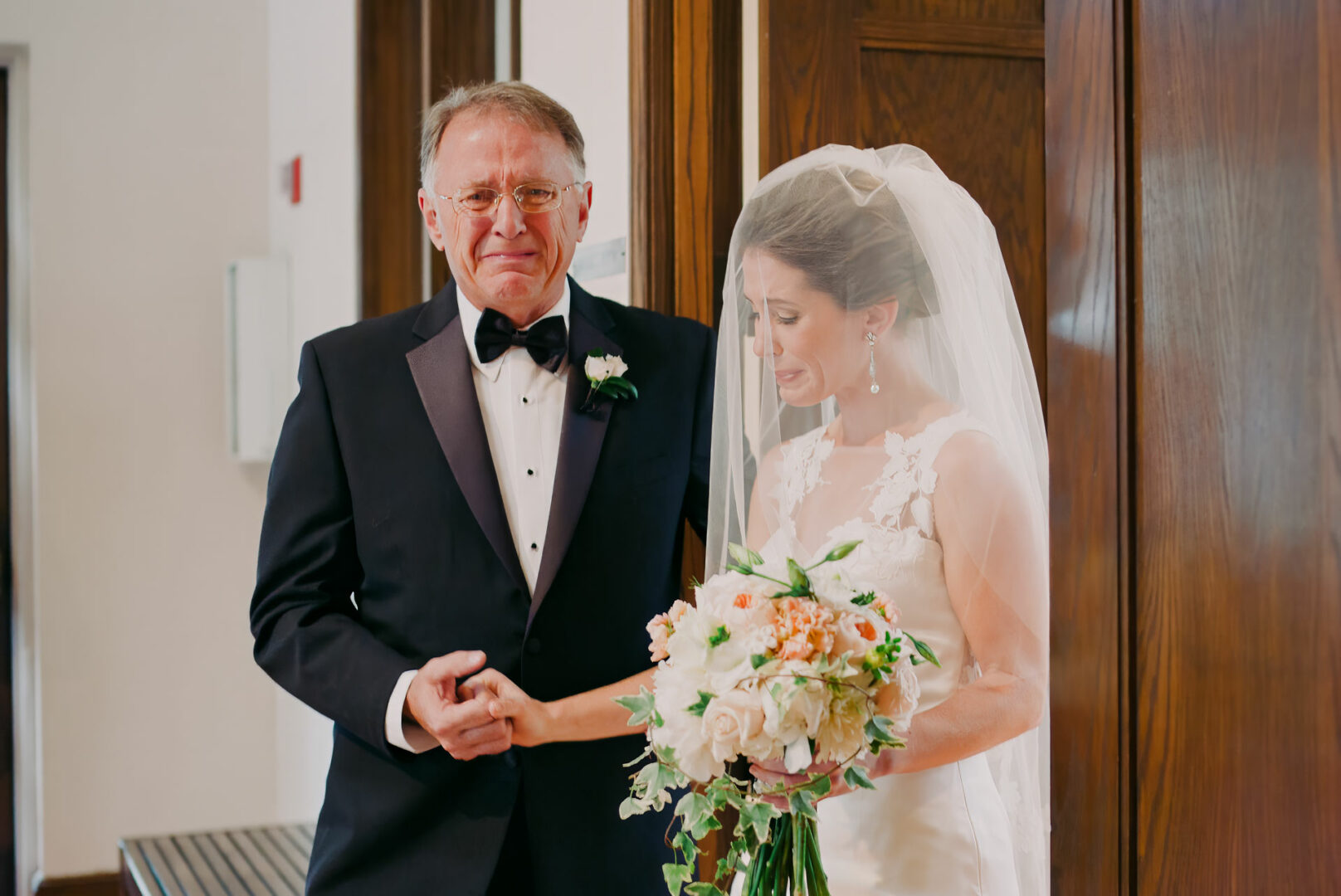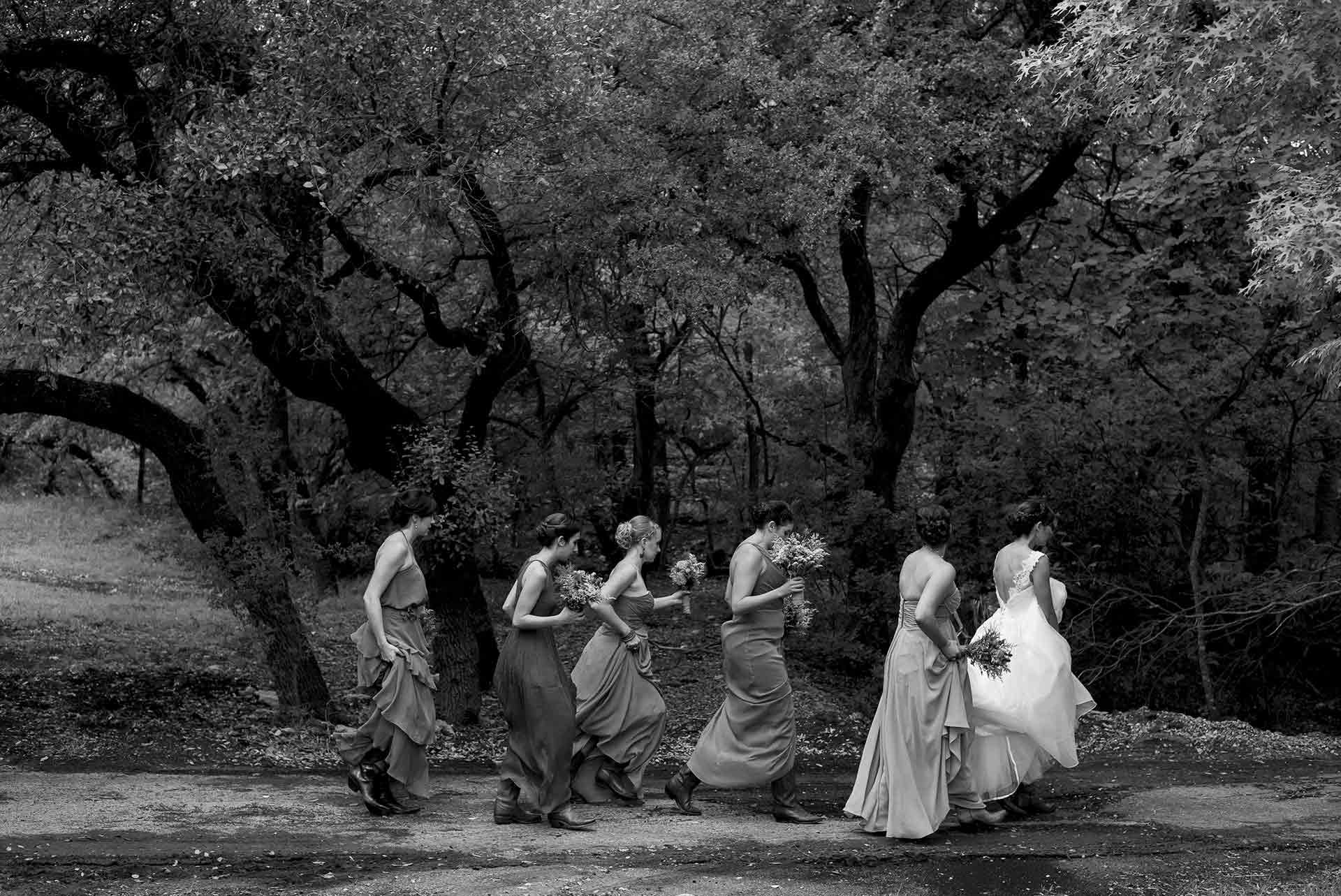Alright – so today we’ve got the honor of introducing you to Philip Thomas. We think you’ll enjoy our conversation, we’ve shared it below.
Philip, first a big thank you for taking the time to share your thoughts and insights with us today. I’m sure many of our readers will benefit from your wisdom, and one of the areas where we think your insight might be most helpful is related to imposter syndrome. Imposter syndrome is holding so many people back from reaching their true and highest potential and so we’d love to hear about your journey and how you overcame imposter syndrome.
Every artist—whether you’re just beginning or have been in the game for decades—has likely felt that uneasy tug: “What if I’m not good enough?” Or, “What if they realize I have no idea what I’m doing?”
That’s imposter syndrome. And for photographers like me, surrounded by endless reels, curated grids, and pressure to impress, it can feel deafening.
I’ve been there. Truly.
But about ten years ago, something unexpected helped quiet that voice. Not new gear. Not more accolades. Not fear of missing out. Philosophy. Specifically, the ancient wisdom of Stoicism—an approach to life that teaches us to focus on what’s within our control, let go of what isn’t, and live in harmony with our nature. It’s about doing the right thing.
Perception Shapes Reality
The Stoic Roman emperor Marcus Aurelius once wrote:
“If you are pained by any external thing, it is not this thing that disturbs you, but your own judgment about it.”
I realized it wasn’t my photography causing the self-doubt. It was the stories I told myself—comparing my work to others, counting likes (ugh), or overanalyzing feedback. But Stoicism reminded me: those things are external. And I don’t have to let them shape my sense of worth.
What can I control? My effort. My attention. The intention behind every click of the shutter. So I began shifting my focus—from proving something, to creating something, and shooting for myself.
The Work Is Enough
The Stoics didn’t believe in striving for applause. They believed in showing up and doing the right thing, because it was the right thing. It’s a mindset that I approach weddings—and honestly, most things in life—with.
Things rarely go exactly as planned—the light changes. Moments come and go before you can even lift the camera. But that’s the point, isn’t it?
I’m not there to control anything. I’m there to witness it. To feel it as it’s happening. To quietly document something real.
You’re Not an Imposter. You’re a Student.
Seneca, another Stoic, wrote:
“While we teach, we learn.”
That’s how I now see photography. An analogy that I think about is a sports person. As an athlete, you always want to get better and never stop. And that uncertain voice we hear? Maybe it’s just humility.
Final Frame
Imposter syndrome may never completely disappear, at least for me. But it doesn’t have to control you. When you greet it with calm, with kindness, and with the clarity of a Stoic, it loses its hold. I’m of course not a Stoic. Just someone who wants to be a better person.
So when that voice creeps in again, don’t give up. Just notice it. Then grab your camera, take a breath, and make something honest.
— Philip Thomas


Thanks for sharing that. So, before we get any further into our conversation, can you tell our readers a bit about yourself and what you’re working on?
I’m Philip Thomas—a British-born, self-taught wedding photographer now based in San Antonio, Texas. With over 20 years of experience and a background in press photography, I’ve spent my career documenting life as it naturally unfolds. Weddings, for me, are not about posed moments or trends—they’re about real stories, real emotions, and the quiet beauty found in between.
My approach is unobtrusive and heartfelt. I aim to capture the spirit of your day as it happens, without interference or forced smiles. Whether you’re celebrating in Austin, Houston, Dallas, or planning a destination wedding, I’ll be there to preserve those once-in-a-lifetime moments with honesty and artistry.
Each wedding is a chance to create timeless, soul-filled imagery—photographs that reflect not just how your day looked, but how it truly felt.


There is so much advice out there about all the different skills and qualities folks need to develop in order to succeed in today’s highly competitive environment and often it can feel overwhelming. So, if we had to break it down to just the three that matter most, which three skills or qualities would you focus on?
1. Observation and Patience
Coming from a press photography background, I learned how to anticipate moments before they happen. Weddings move quickly, but for me, the noteworthy images often come in in-between moments—the glance, the hand squeeze, the tear wiped away. Developing the ability to wait and anticipate those moments, rather than forcing them, has made all the difference.
Advice:
Slow down. Practice observing people in everyday settings. I still say ‘click’ in my head as if I’m taking a picture. Occasionally, I say it out loud, much to my embarrassment. But you get the idea. The more you see, the more you’ll be ready to capture.
2. Storytelling Through Composition
From the outset, I realized that wedding photography isn’t just about posed and traditional cliché images—it’s about telling the couples, honestly. Composition, light, and layering became tools to add depth and context to each frame.
Advice:
Study photographers whose work moves you—not just wedding photographers, but photojournalists, street photographers, and artists. Deconstruct their frames. Ask: What story does this image tell? Then apply that mindset to your work.
3. Empathy and Connection
Technical skill is essential, but how you make people feel matters more—being present and listening.
Advice:
Talk to people. Listen more than you speak.
Final Thought:
Personal growth comes from doing the work. Making mistakes, at least for me, is a way to stay, learn, and get better. Stay curious. After all, it’s a journey.


Awesome, really appreciate you opening up with us today and before we close maybe you can share a book recommendation with us. Has there been a book that’s been impactful in your growth and development?
Seneca’s Letters from a Stoic – The value of reason over emotion in navigating life’s challenges.
Prioritizing reason instead of emotion when tackling life’s challenges.
Confronting difficulties with composure and grace.
Nurturing inner peace by practicing self-discipline and letting go of the need to control external results.
The shortness of life and the significance of making the most of our time.
Upholding moral integrity, striving for self-improvement, and seeking wisdom.
Contact Info:
- Website: https://www.philipthomas.com/
- Instagram: https://www.instagram.com/philipthomasphotography/
- Facebook: https://www.facebook.com/PhilipThomasPhotography
- Linkedin: https://www.linkedin.com/in/philip-thomas-photography/







Image Credits
© Philip Thomas Photography
so if you or someone you know deserves recognition please let us know here.




